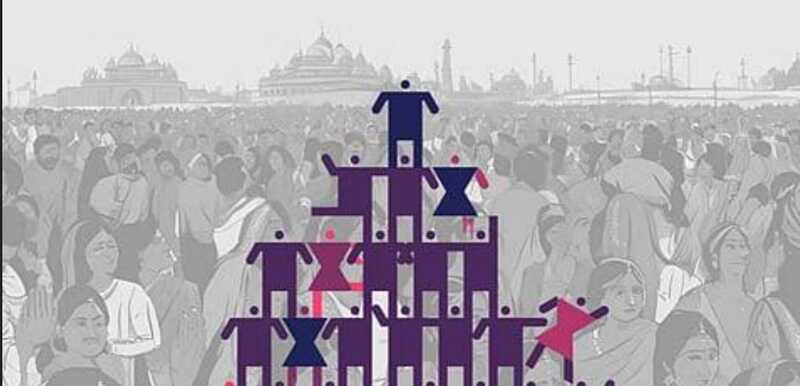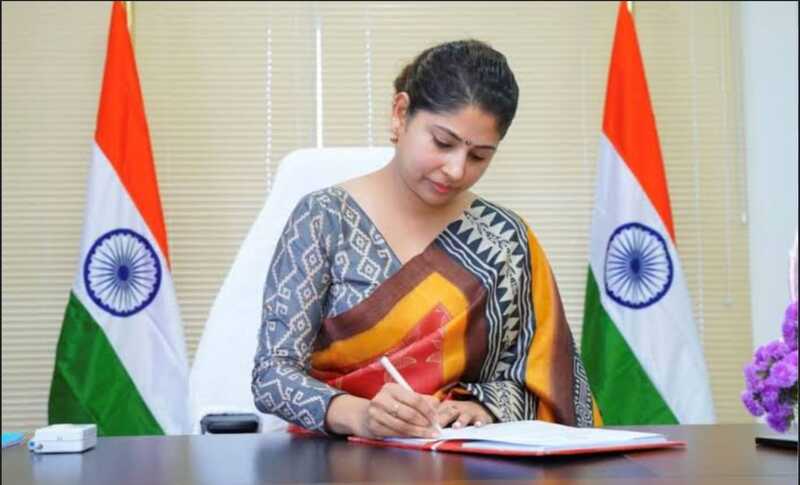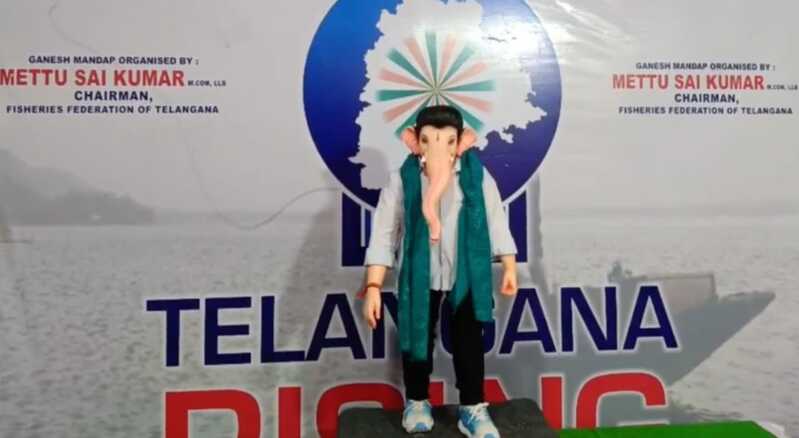- Caste-Grading System Stirs Public Controversy
- Telangana Develops Composite Backwardness Index
Article Today, Hyderabad:
In a landmark step, the Telangana government has approved the Caste-grading of 242 castes based on findings from its caste survey. A committee of independent experts analysed the data and developed a “Composite Backwardness Index” to classify each caste according to its socio-economic and educational status. The final report will be submitted to the state within ten days.
Expert Committee Leads the Analysis
To ensure accuracy and credibility, the government appointed a panel of independent experts to study the caste survey data. The committee examined the numbers in depth and evaluated various dimensions of backwardness. After months of research, it prepared a detailed report running over 300 pages, offering insights into the lived realities of different castes in the state.
Eminent Members Contribute to the Process
The committee was chaired by retired Justice B. Sudarshan Reddy. Other key members included Vice Chairman Kancha Ilaiah, Convenor Praveen Chakravarty, and respected scholars such as Professor Shanta Sinha, Dr. Sukhadeo Thorat, Dr. Himanshu, Nikhil Dey, Professor Bhukya Bhaskar, and Professor Purushottam Reddy. Finance Secretary Sandeep Kumar Sultania and Committee Secretary Anudeep Durishetty represented the government side.
Telangana Takes the Lead in Caste Data Science
After the committee’s recent meeting, members addressed the media and emphasised the uniqueness of the Telangana model. They claimed that no other Indian state had undertaken such an evidence-based caste analysis. According to them, the state’s caste survey was scientifically designed and meticulously implemented, making it a model for others to follow.
Final Report Ready for Government Review
The committee confirmed that the final report is complete and ready for submission. They are waiting for a formal request from the government to hand over the findings. The panel also urged that the report be released in the public domain so that citizens can engage with its content and provide feedback.
Caste Grading System Stirs Public Controversy
Despite the panel’s scientific approach, the decision to grade castes has drawn criticism. Some activists argue that such grading could create competition or resentment between communities. By assigning ranks, they fear that certain castes may be seen as more “backward” or more “privileged,” which could provoke social tensions.
Historical Fears of Caste Divisions Resurface
Concerns have also surfaced about possible divisions within marginalized groups. Critics point to past experiences, such as the classification of Scheduled Castes, which led to tension between Mala and Madiga communities. Similar risks could emerge if caste grading is perceived as unfair or politically motivated.
Supporters See Opportunity for Targeted Welfare
On the other hand, supporters of the initiative believe the grading can help the government design focused and effective welfare schemes. Knowing exactly how backward each community is could allow the state to distribute resources more fairly. They argue that data-driven decisions are essential for delivering justice in a diverse society.
Wait Continues for Public Access and Action
As Telangana awaits the official release of the report, the public response remains divided. While some see the exercise as a step forward in equity, others warn of unintended consequences. The way the government uses the caste grading will determine whether it becomes a tool for inclusion — or a source of new friction.



